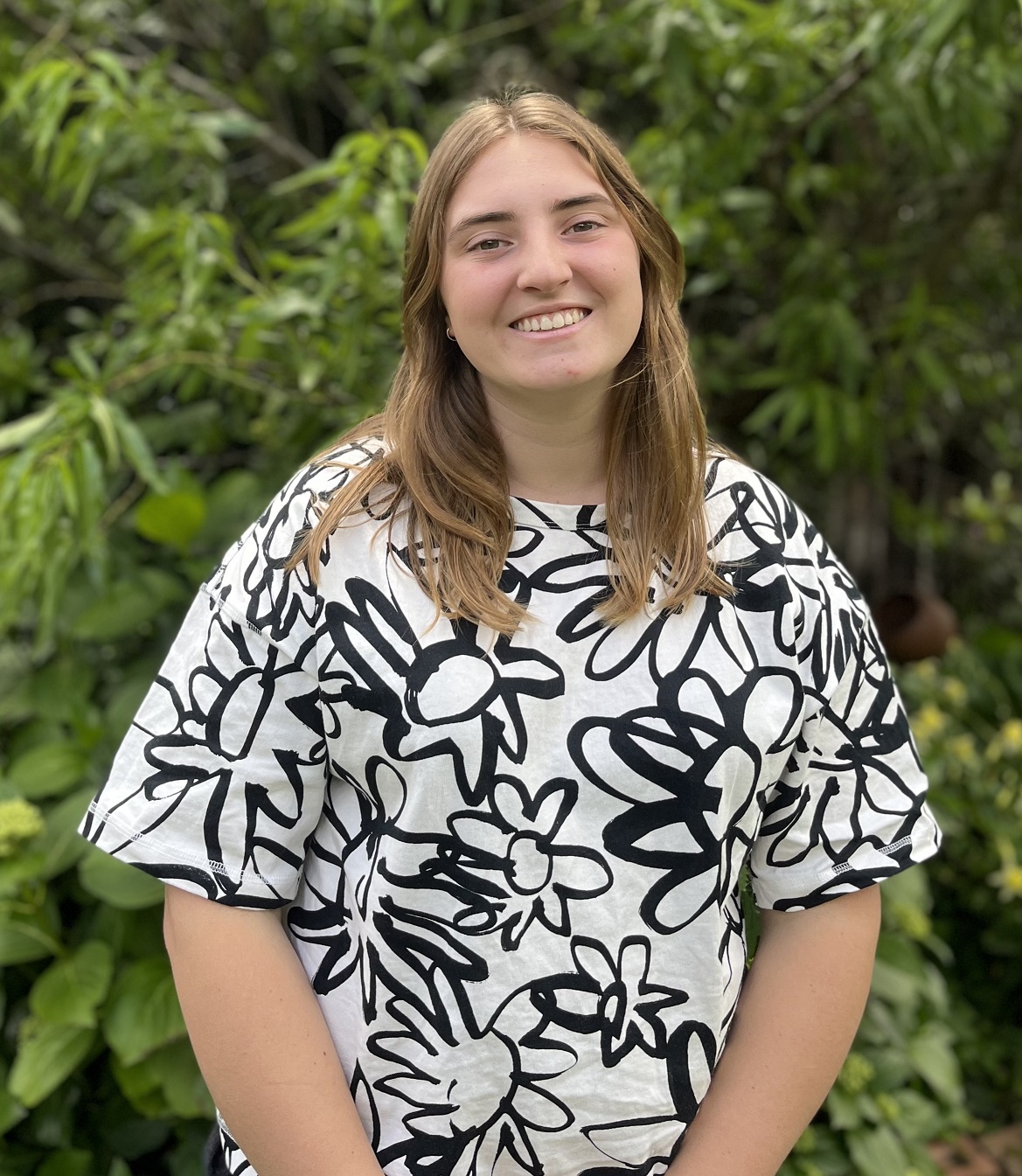To make our Engineering graduates better prepared to start their professional careers – and equipped to change the world for the better – the University of Tasmania’s Bachelor of Engineering degree is changing.
The School of Engineering is incorporating sustainability content into its units starting in 2023 to reflect its commitment to producing engineers who can create sustainable solutions in all sectors of industry.
And to ensure its graduates are as job-ready as possible, the School will also launch the Profession-Ready Industry-Merged Engineering Degree (PRIMED) program, which will build direct ties between students and businesses in the sector.
Head of the School of Engineering, Professor Tim Finnigan said there was an increasing obligation for engineering projects to be completed more sustainably, so the education of future engineers needed to evolve accordingly.
“If you look back over the history of the built environment and management of it, it has been done in a quite unsustainable way,” he said.
“The world cannot continue like that. Engineers need a much higher awareness of the downstream effects of their design, and the implications of what they do.
“Science informs us about the severity and effects of climate change, but it is engineering that can actually do something about it. Engineers take scientific information and use it to go out and build a better world.”

Third-year Bachelor of Engineering (Electrical Power) student Sarah Ransome said that what attracted her to Engineering was the opportunity to apply her skills in maths and physics to real life problems and create a positive change.
“It upsets me every time I see people suffering, whether it be from climate change or conflict,” she said. “To make life sustainable we must make changes to our everyday lives, which I will do through engineering.”
For new students commencing in 2023, half of all Bachelor of Engineering units will incorporate sustainability content with a view to eventually reaching close to 100% of units across the degrees.
Tim said the University of Tasmania would be the first university in Australia to commit to ensuring that all of its engineering graduates had a high level of sustainability awareness, regardless of their discipline.
“The overall content of the units won’t change but it means we will be incorporating, say, a dedicated session discussing some sustainable aspect of the subject, or there might be a guest lecturer talking about the impacts of unsustainable materials such as concrete or hydrocarbons.
“And as it is, when we teach about electricity and power infrastructure, we focus on the transition away from coal and gas-fired power, towards a future of hydro, wind power and renewables, because that’s what we use in Tasmania and that is the direction the whole world is going in.
“There are prospective students who we know are concerned about sustainability and climate change. I think they may be attracted to an engineering career that involves developing nature-compatible solutions, such as using timber and bamboo in structures, rather than just pouring concrete.”
And the new PRIMED program will put a stronger focus on producing graduates who are work-ready, by actively fostering close ties between students and the local industry as part of the degree.
“We can teach the theory and methods, but to learn how to be an engineer, our students need to work with practising engineers,” Tim said.
“With PRIMED we will be getting local industry leaders directly involved in the course, doing lectures, workshops, presentations, working with students on projects, interacting in a variety of ways.
“Not only will that give students a real insight into the experience of being a professional engineer after they graduate, but it also allows those industries to have input into how these future engineers are trained.”
Part of the PRIMED program will also involve post-graduation job placements, to help ensure a “soft landing” in the industry for all graduates, particularly those who may not have secured a job before graduation.
Sarah said she can’t wait to enter the industry and start making a difference.
“I am excited to keep learning how things work and seeing the positive impact engineering solutions have on the wider community.
“I hope that through my engineering career I can improve the lives of others and create a sustainable future for generations to come.”
Do you want to lead the charge with practical solutions to the climate crisis? By studying a Bachelor of Engineering, you could be creating the sustainable built environment the future needs.


